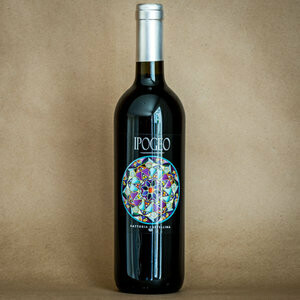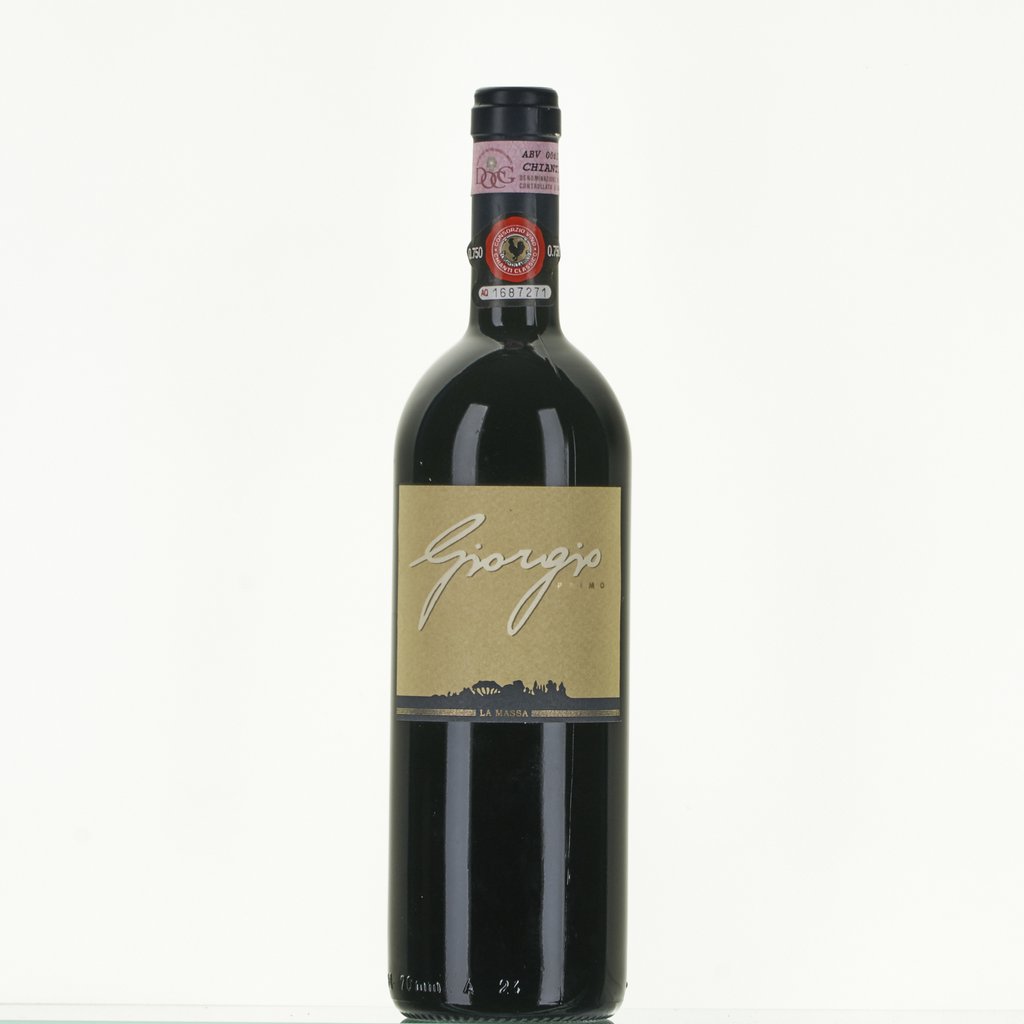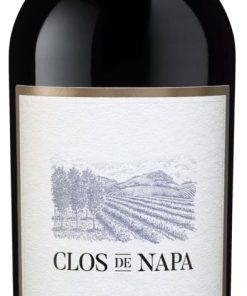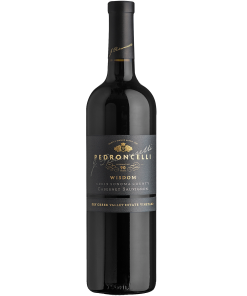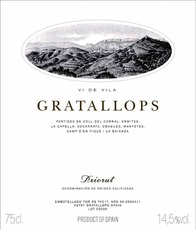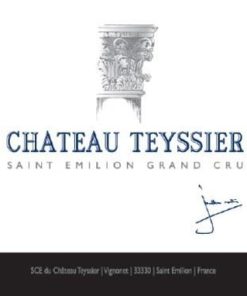-
×
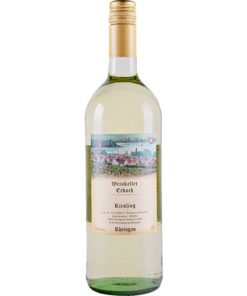 2016 Weinkeller Erbach Riesling Honigberg 750ML
1 × $15.99
2016 Weinkeller Erbach Riesling Honigberg 750ML
1 × $15.99
2002 Domaine Du Closel Savennieres Clos Du Papillon
$56.00
Out of stock
SKU: 1192937
Category: Uncategorized
2002 Domaine Du Closel Savennieres Clos Du Papillon
2002 Domaine Du Closel Savennieres Clos Du Papillon
Chenin Blanc is a versatile white-wine grape variety that has been cultivated in France for nearly 1300 years. It is most commonly associated with France’s Loire Valley, and its high acidity levels mean it can be vinified in a number of different styles: as lusciously sweet, botrytis-affected dessert wines, light, honeyed sparkling wines and as full-bodied, still white wines.
The variety has had its ups and downs throughout its long history. Official French documents first mention Chenin Blanc as early as the year 845, and the variety has appeared in various parts of the Loire under a multitude of synonyms since. The grape fell out of fashion somewhat in the early 20th Century, but renewed interest in the 1980s has reinvigorated Chenin Blanc’s position as a classic and noble grape variety.
Chenin Blanc may be crafted to any level of sweetness, ranging from bone-dry, crisp and sparkling, through to sweet dessert wines. This is reflected in the number of winemaking techniques and styles employed in Chenin production, such as stainless steel, extended-lees contact and barrel maturation. In this respect it is not dissimilar to Chardonnay, with which it commonly appears in blends; however, the two are not closely related genetically.
In the vineyard, growers must keep Chenin Blanc’s naturally high yields in check, allowing flavors to concentrate and its floral bouquet to come through. The variety buds early and ripens late, making frost a risk in the cooler parts of the world.
Most of the Loire’s significant acreage planted to Chenin Blanc is around the cities of Angers and Touraine. Intense, minerally white wines with green apple characters are most commonly associated with the Savennieres appellation of the former, while dry and semi-dry Vouvray wines of the latter are a little more tropical and honeyed in character. The sparkling Cremant de Loire wines of Anjou, Saumur and Touraine are largely based on Chenin Blanc. These lean, racy wines often have a more floral nose and a nuttiness that comes from the lees contact required by the appellation.
Related products
Deal
Wines!
Wines!
Save 34% Insider Wine 91pts JS
$47.99
Wine from California, United States
Uncategorized
$62.99
Wine from Bordeaux, France
